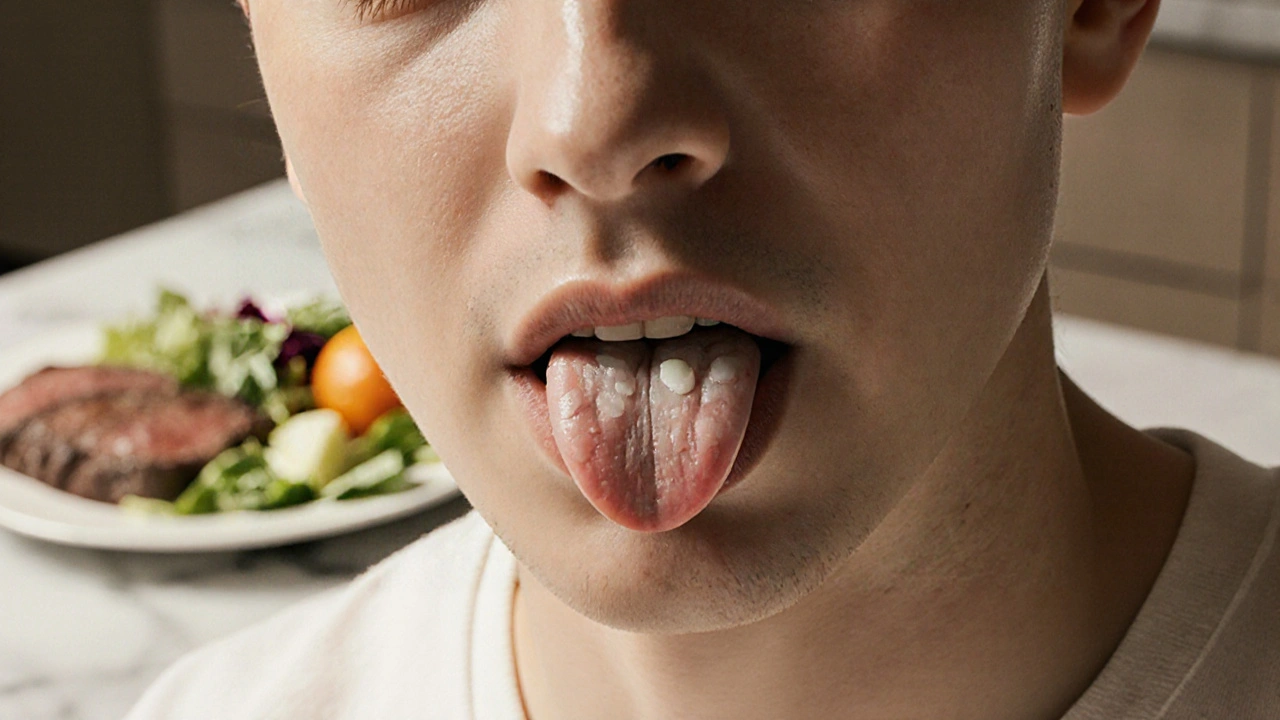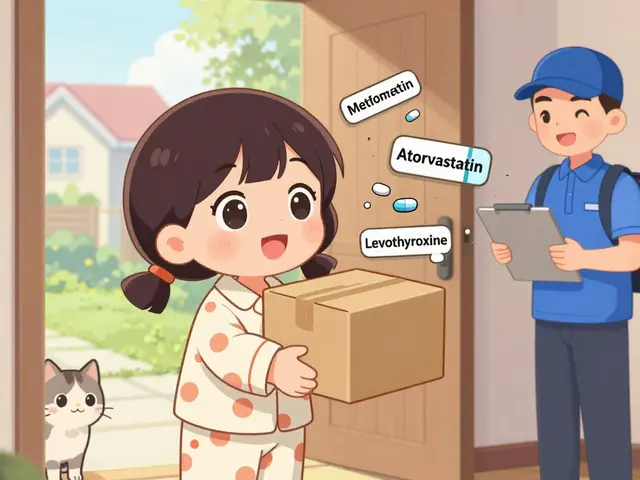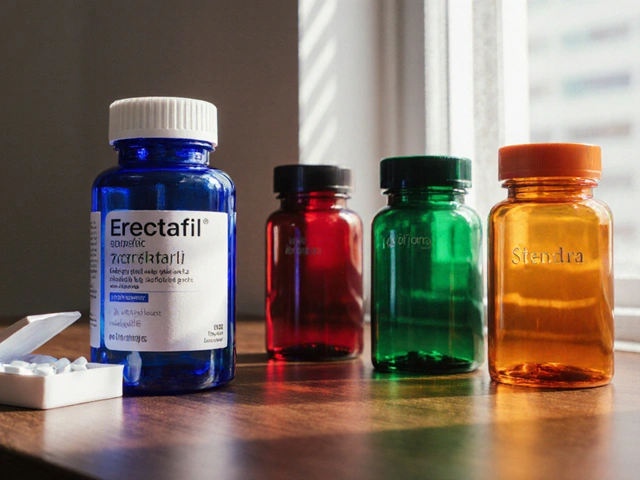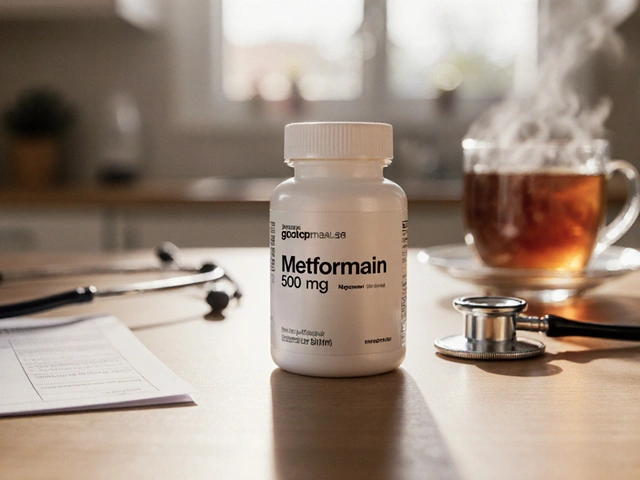Xerostomia: What It Is and How to Beat Dry Mouth
Ever felt like you can’t swallow because your mouth is sandpaper dry? That’s xerostomia, the medical term for dry mouth. It’s not just annoying – it can affect your speech, taste, and even your teeth. The good news is you can often fix it with a few easy steps.
Common Causes of Xerostomia
First, know what’s driving the dryness. Medications are the biggest culprits. Antihistamines, blood pressure pills, antidepressants, and even some pain relievers can lower saliva flow. If you’ve started a new drug and your mouth feels parched, check the side‑effect list.
Health conditions matter too. Diabetes, Sjögren’s syndrome, and rheumatoid arthritis can all mess with your salivary glands. Radiation therapy to the head or neck, and chemotherapy, often knock saliva production out of gear for weeks or months.
Simple habits can play a role. Smoking, excessive caffeine, and alcohol dry out the mouth just like a desert wind. Breathing through your mouth while you sleep—common with snoring or a blocked nose—also leaves you waking up with a cotton‑mouth feeling.
Everyday Strategies to Relieve Dry Mouth
Hydration is the first line of defense. Sip water throughout the day instead of gulping a big glass once. Keep a bottle at your desk and take small sips every 15‑20 minutes.
Chewing sugar‑free gum or sucking on sugar‑free lozenges jump‑starts saliva production. Look for products with xylitol; it also helps protect teeth from decay.
Swap out dry‑mouth‑worsening drinks. Replace coffee, tea, and soda with herbal teas or mild fruit‑infused water. If you must have caffeine, balance it with extra water.
Use a humidifier at night, especially in dry climates or winter months. Adding a little moisture to the air makes breathing easier and reduces mouth dryness while you sleep.
Over‑the‑counter saliva substitutes are worth a try. They come as sprays, gels, or mouth‑washes and give a quick moisture boost. Choose alcohol‑free options to avoid further drying.
Good oral hygiene matters. Brush twice a day with fluoride toothpaste and floss daily. A dry mouth can increase plaque, so consider a fluoride rinse to protect enamel.
If you’re on medications that cause xerostomia, talk to your doctor. Sometimes a dose change or a switch to a different drug can lessen the side effect without hurting your overall treatment.
When xerostomia sticks around for more than a few weeks, see your dentist or doctor. Persistent dryness can lead to infections, gum disease, and trouble swallowing, so professional guidance is key.
Bottom line: xerostomia is usually manageable with simple lifestyle tweaks, hydration, and a few over‑the‑counter helpers. Keep an eye on your meds, stay moist, and don’t ignore a dry mouth that won’t quit.
How Dry Mouth Affects Your Taste Buds and Appetite

Dry mouth can dull taste buds, shrink appetite, and trigger cravings. Learn why it happens, how it impacts eating, and simple steps to restore flavor and hunger.
read more



